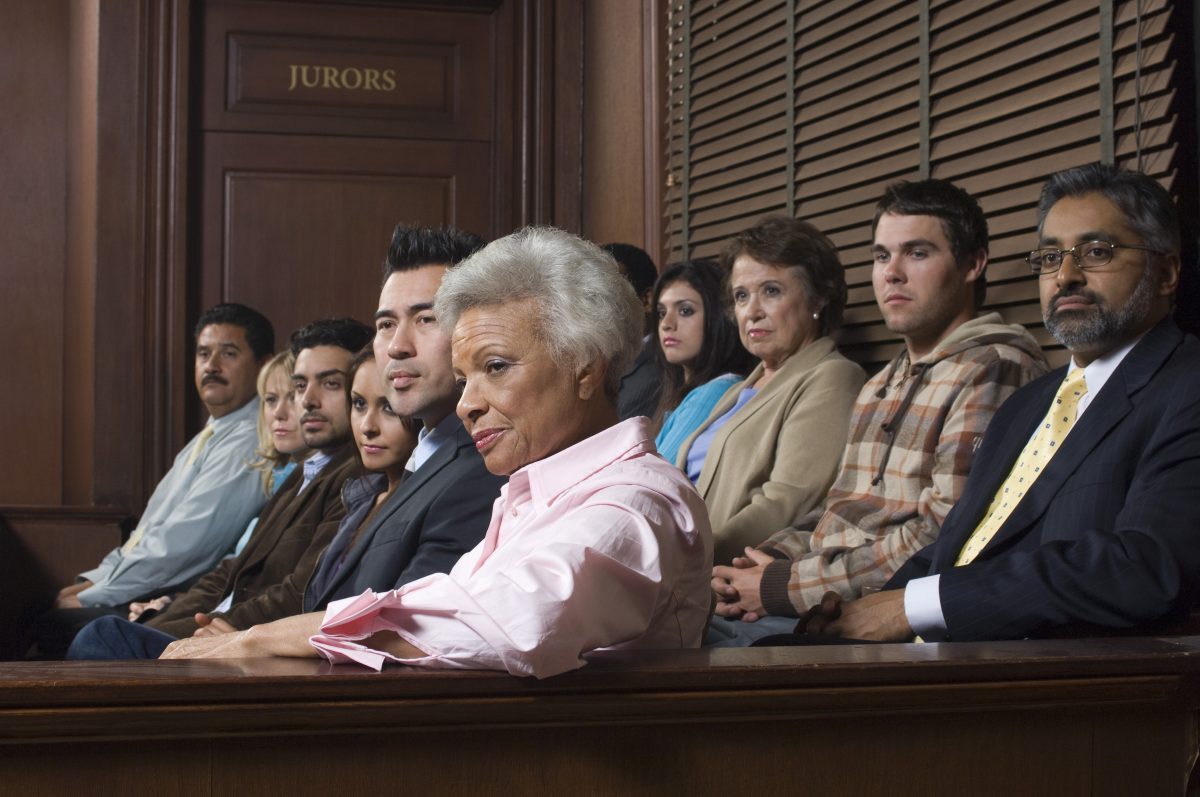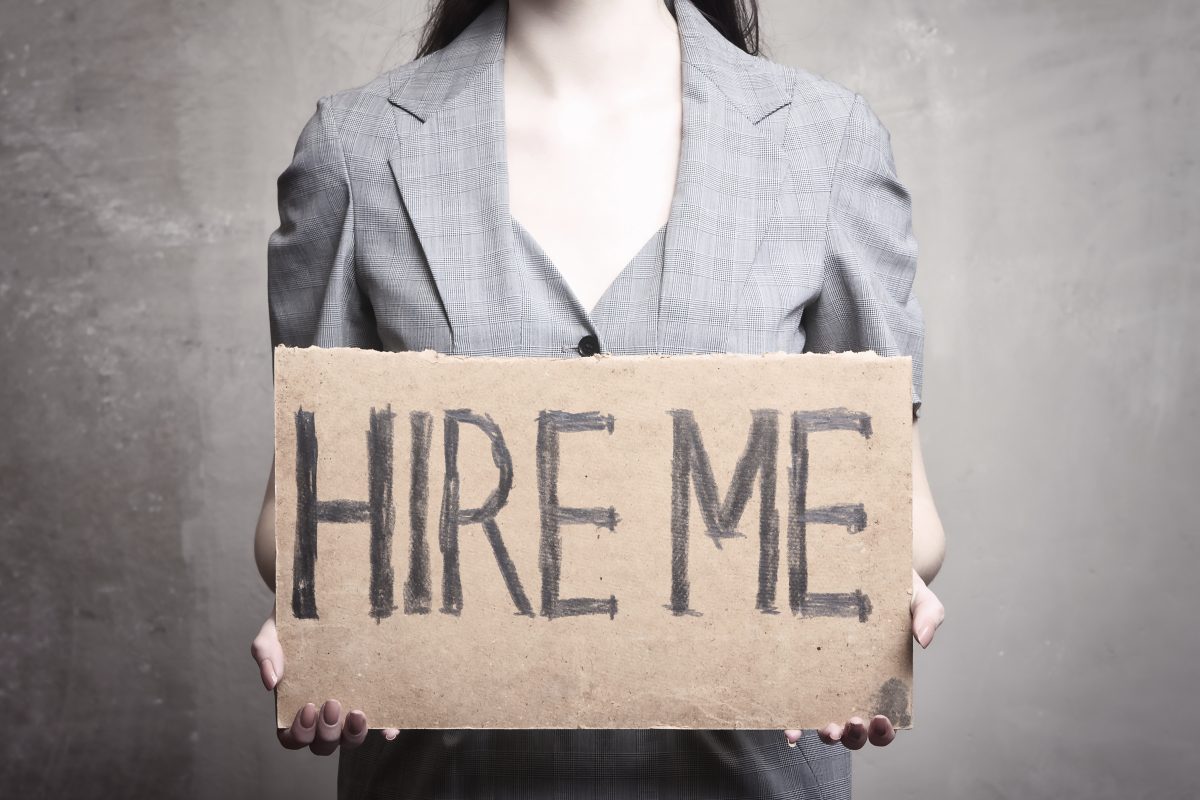
Morning Docket: 04.01.16
* According to a statement released by the RIAA, hundreds of musicians and songwriters -- like Katy Perry, for example -- have called on Congress to reform the Digital Millennium Copyright Act. Safe-harbor clauses are absolutely killing the artists' bottom line, and something must be done. [THR, ESQ. / Hollywood Reporter] * "[M]any law firms have had breaches, which they’ve kept quiet." Following the news that Cravath and Weil Gotshal had been victims of data breaches, Edelson, a plaintiff’s side firm, announced it would be filing class-action suits against 15 major Biglaw firms with cybersecurity problems. We can't wait to find out which ones will be on the receiving end of these complaints. [Big Law Business / Bloomberg BNA] * Being the world's first publicly traded law firm has turned out to be quite the debacle for Slater & Gordon. First, the Australian firm announced market losses of about $740 million, citing "underperformance in U.K. operations," and now its general counsel has decided to throw in the towel after only two months on the job. Ouch. [Am Law Daily] * “I have lost my faith in the potential for the Law School or its curriculum to put out people who care deeply about things." Members of Harassment/Assault Law-School Team, a student group that advocates for sexual assault victims, aren't impressed with Harvard Law's inaction on educating students about sexual assault. [Harvard Crimson] * How can we guarantee educators are being honest about graduates' job prospects? Based on the results of the Corinthian Colleges fiasco and the Alaburda v. TJSL trial, it seems like "[s]trict disclosure rules for all schools would be better than lawsuits and government aid as a way to ensure educator honesty." [DealBook / New York Times]














